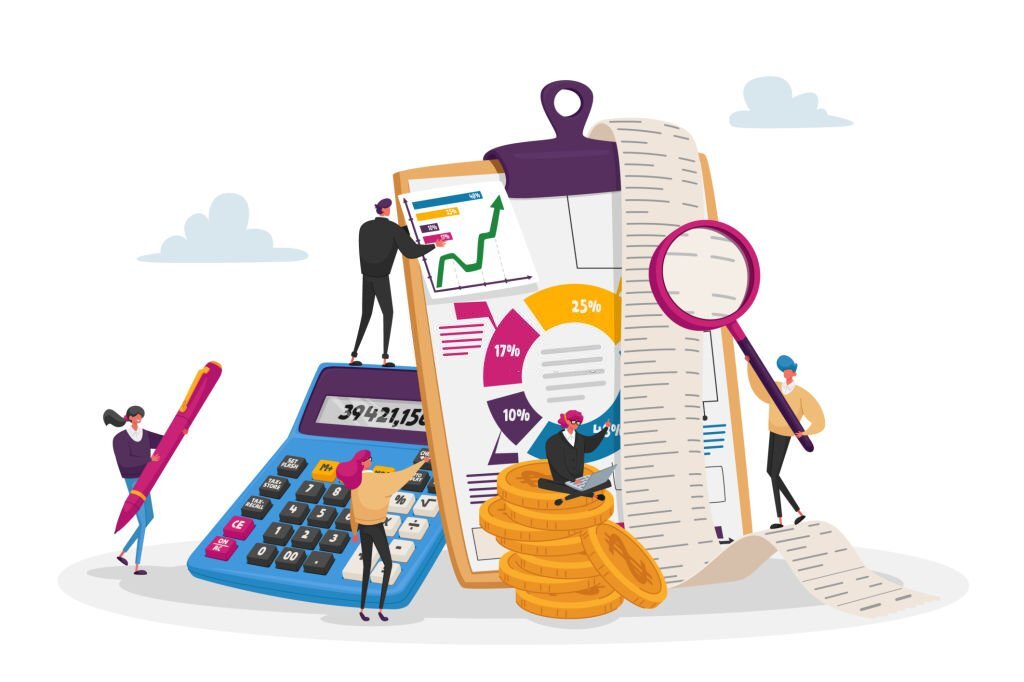Financial Resolutions for a Better Year Ahead
As we begin a new year, it is important to reflect on the past year and evaluate our financial situations. The new year presents an opportunity to start fresh and make financial resolutions that can lead to a better year ahead. In this article, we will explore 15 financial resolutions that can help you improve your finances and achieve your financial goals.
1. Introduction
The new year is the perfect time to reflect on the past year and make resolutions for the upcoming year. It is important to consider your financial situation and identify areas for improvement. The following financial resolutions can help you improve your finances and achieve your financial goals.

2. Assess your financial situation
The first step in achieving financial success is to assess your current financial situation. Review your income, expenses, debts, and assets. This will give you a clear picture of your finances and help you identify areas for improvement.
3. Create a budget
Creating a budget is essential for achieving your financial goals. It allows you to see where your money is going and helps you identify areas where you can cut back on expenses. Make sure to include all of your expenses, including bills, groceries, and discretionary spending.
4. Reduce debt
Reducing debt is an important step in achieving financial success. Focus on paying off high-interest debt first and consider consolidating your debt to lower interest rates. Avoid taking on new debt and make extra payments when possible.

5. Build an emergency fund
An emergency fund is essential for unexpected expenses or income loss. Aim to save three to six months of living expenses in a separate savings account.
6. Increase savings
Increasing savings is an important step in achieving financial success. Set a savings goal and work towards it by automating your savings or setting up a direct deposit.
7. Invest for the future
Investing for the future is an important step in achieving long-term financial success. Consider opening an IRA or investing in low-cost index funds.
8. Review your insurance policies
Review your insurance policies to make sure you have adequate coverage. Consider increasing your coverage if necessary and shop around for better rates.
9. Maximize retirement contributions
Maximizing your retirement contributions is an important step in achieving long-term financial success. Consider contributing to a 401(k) or IRA and take advantage of employer matches.
10. Automate your finances
Automating your finances can help you achieve your financial goals. Set up automatic bill payments, savings contributions, and investment contributions.

11. Cut back on unnecessary expenses
Cutting back on unnecessary expenses can help you achieve your financial goals faster. Identify areas where you can cut back on expenses, such as dining out, subscriptions, or entertainment.
12. Track your spending
Tracking your spending can help you identify areas where you can cut back on expenses. Use a budgeting app or spreadsheet to track your spending and make adjustments as necessary.
13. Pay bills on time
Paying bills on time is important for avoiding late fees and maintaining good credit. Consider setting up automatic payments or setting reminders to ensure timely payments.
14. Improve your credit score
Improving your credit score is crucial for your financial well-being. Pay your bills on time, keep your credit utilization low, and review your credit report regularly to identify any errors or discrepancies.
15. Seek professional financial advice
If you’re unsure about your financial decisions or need guidance, seek professional financial advice. A certified financial planner or financial advisor can provide personalized advice and help you make informed decisions.
16. Conclusion
In conclusion, making financial resolutions for a better year ahead is a proactive step towards improving your financial health. Assessing your financial situation, creating a budget, reducing debt, building an emergency fund, and increasing savings are key steps to take. Investing for the future, reviewing insurance policies, maximizing retirement contributions, automating your finances, cutting back on unnecessary expenses, tracking your spending, paying bills on time, improving your credit score, and seeking professional financial advice are additional measures to consider. By implementing these resolutions, you can set yourself up for a more secure and prosperous financial future.

17. FAQs
Q1: How can I assess my financial situation? A1: Assessing your financial situation involves reviewing your income, expenses, debts, and assets. Take stock of your financial standing by evaluating your financial statements and calculating your net worth.
Q2: How do I create an effective budget? A2: To create an effective budget, track your income and expenses, categorize your expenses, and set realistic spending limits for each category. Regularly review and adjust your budget as needed.
Q3: Why is it important to build an emergency fund? A3: An emergency fund provides a financial safety net for unexpected expenses or income loss. It helps prevent reliance on credit cards or loans during emergencies and provides peace of mind.
Q4: How can I improve my credit score? A4: To improve your credit score, pay your bills on time, keep your credit utilization low, maintain a mix of different types of credit, and regularly review your credit report for accuracy.
Q5: When should I seek professional financial advice? A5: It’s advisable to seek professional financial advice when you have complex financial situations, are unsure about investment strategies, or need assistance with long-term financial planning.







